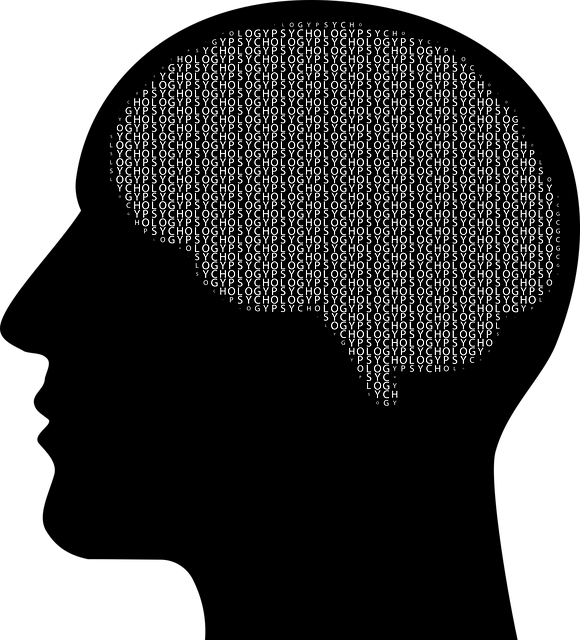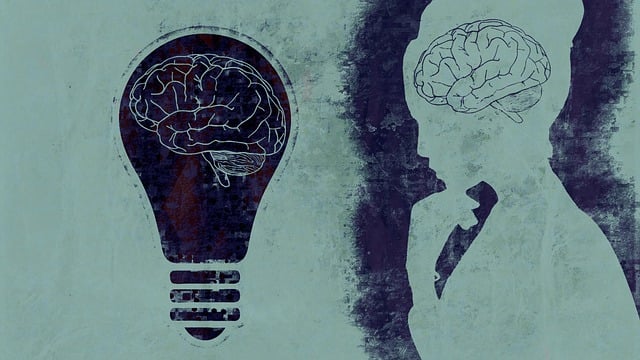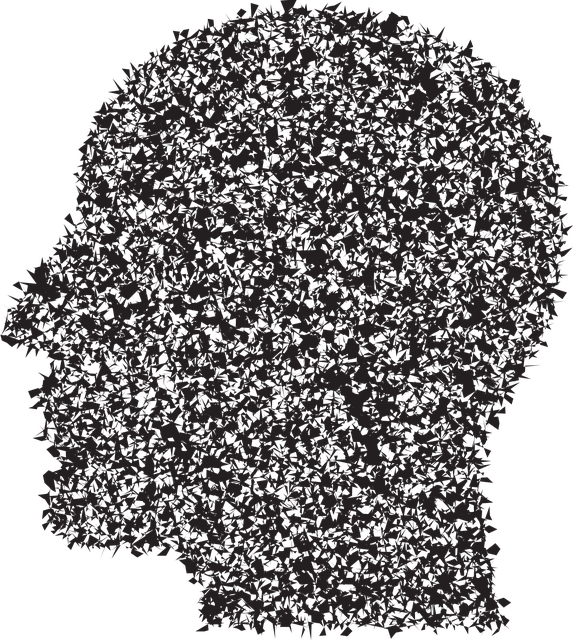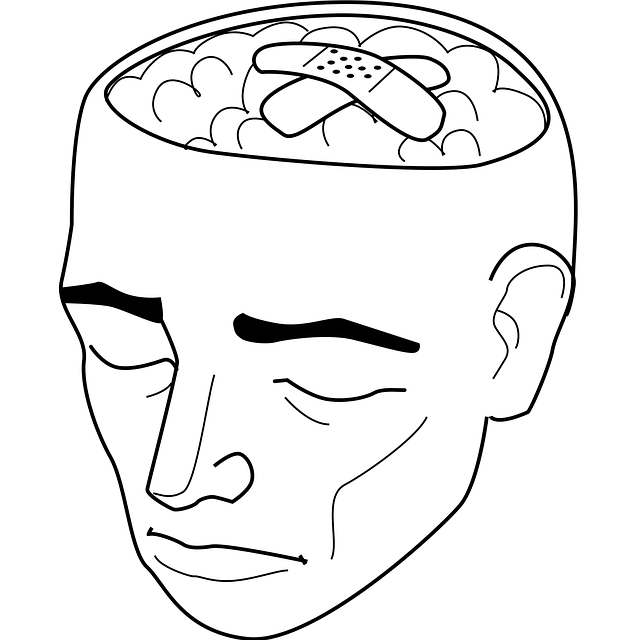In diverse Colorado Springs, effective healthcare delivery demands cultural competency, addressing language barriers, communication styles, and cultural norms in mental health services. Tailoring approaches like couples therapy respects varied perspectives on intimacy. Strategies include mindfulness meditation, interactive workshops, multimedia training modules, and journaling exercises to enhance open dialogue, trust, and patient satisfaction, benefiting both providers and patients navigating Colorado Springs' cultural complexities.
“In today’s diverse healthcare landscape, cultural competency is no longer an option but a necessity. This article explores the vital role of training in bridging the gap between healthcare providers and culturally varied communities, using Colorado Springs as a case study, where its vibrant mosaic highlights both access challenges and opportunities. We delve into communication barriers rooted in language, values, and social norms, and examine innovative training approaches, including interactive workshops and the unique contribution of therapy in fostering cross-cultural understanding among couples facing communication issues in Colorado Springs.”
- Understanding Cultural Competency in Healthcare: A Necessity in Diverse Communities
- Colorado Springs: A Cultural Mosaic and Its Impact on Healthcare Access
- Identifying Communication Barriers: Language, Values, and Social Norms
- Training Approaches for Healthcare Providers: Interactive Workshops and Beyond
- The Role of Therapy in Strengthening Cross-Cultural Understanding among Couples
Understanding Cultural Competency in Healthcare: A Necessity in Diverse Communities

In diverse communities like Colorado Springs, where couples often grapple with communication issues and seek therapy, cultural competency is not just a desirable trait but a necessity. It involves understanding and respecting the cultural backgrounds, values, and beliefs of patients, ensuring that healthcare services are accessible and effective for all. The ability to navigate cultural differences in mental healthcare is crucial, as it can prevent burnout among providers while enhancing patient outcomes.
Cultural sensitivity in mental healthcare practice plays a significant role in building trust and fostering open communication between therapists and clients from various ethnic, racial, and socio-economic groups. By acknowledging and addressing potential cultural barriers, such as language differences or differing perspectives on mental health, professionals can provide tailored support. This approach not only improves patient satisfaction but also contributes to the development of Mental Wellness Coaching Programs and effective Burnout Prevention strategies in a diverse community like Colorado Springs.
Colorado Springs: A Cultural Mosaic and Its Impact on Healthcare Access

Colorado Springs, known for its stunning natural landscapes and diverse communities, presents a unique cultural mosaic that significantly influences healthcare access and delivery. With a population comprising various ethnic, racial, and socio-economic backgrounds, the city mirrors the broader American tapestry. This diversity brings both challenges and opportunities in providing culturally competent healthcare services. The complex web of language barriers, communication styles, and differing cultural norms requires healthcare providers to approach patient care with sensitivity and adaptability.
For instance, addressing mental health awareness among Colorado Springs residents necessitates a nuanced understanding of these cultural nuances. Couples therapy, for example, may need to accommodate different cultural perspectives on intimacy and relationships. Compassion cultivation practices can play a vital role in bridging these gaps by fostering empathy and encouraging healthcare providers to recognize the impact of systemic issues like historical trauma or discrimination on their patients’ mental well-being. Moreover, burnout prevention strategies for healthcare providers are essential given the unique demands of serving such a diverse population, ensuring they remain resilient and equipped to deliver quality care.
Identifying Communication Barriers: Language, Values, and Social Norms

In healthcare, effective communication is paramount, yet cultural barriers often stand in the way, especially in diverse communities like Colorado Springs. When addressing couples’ communication issues in therapy, understanding cultural nuances is key. Language differences can create significant challenges, necessitating interpreters or multilingual resources to bridge the gap. Beyond language, deeply ingrained values and social norms vary across cultures, influencing how individuals express emotions and seek help for mental wellness. For instance, some cultures may prioritize collective family decisions over individual choices, impacting therapy dynamics.
Identifying these barriers is crucial for healthcare providers in Colorado Springs Couples Communication Issues Therapy. It involves recognizing cultural taboos, different conceptions of time and space, and diverse expressions of distress or pain. Incorporating strategies from the Mental Wellness Podcast Series Production can aid therapists in facilitating open dialogue, such as teaching mindfulness meditation techniques to improve mood management and promote a sense of calm during sessions. By being attuned to these cultural aspects, therapists can create a more inclusive environment, ensuring every couple receives the highest quality care tailored to their unique needs.
Training Approaches for Healthcare Providers: Interactive Workshops and Beyond

In healthcare provider cultural competency training, Interactive workshops are a popular and effective approach. These dynamic sessions encourage active participation, fostering an immersive learning experience. Techniques like role-playing scenarios allow professionals to practice sensitive communication skills in a controlled environment, addressing challenges related to Colorado Springs couples communication issues therapy or mental illness stigma reduction efforts. By engaging with diverse perspectives, providers gain insights into navigating complex patient interactions.
Beyond workshops, integrated training modules that combine multimedia elements and practical exercises can significantly enhance learning outcomes. Social skills training, for instance, can be seamlessly incorporated through interactive videos and simulations, equipping healthcare providers with the tools to connect with a broader range of patients. This comprehensive approach ensures professionals are well-prepared to offer compassionate, culturally sensitive care in diverse settings.
The Role of Therapy in Strengthening Cross-Cultural Understanding among Couples

In the context of healthcare provider cultural competency training, therapy plays a pivotal role in fostering cross-cultural understanding among couples facing communication issues in Colorado Springs. Through structured sessions, therapists help partners navigate their differences, break down barriers, and strengthen their bond. This process involves deep exploration of individual backgrounds, beliefs, and values, enabling each partner to gain insights into the other’s perspective. By addressing cultural nuances and potential conflicts, therapy creates a safe space for open dialogue, thereby enhancing communication in relationships.
The integration of Mental Wellness Journaling Exercise Guidance within therapy sessions can further enrich this cross-cultural learning experience. Journaling encourages individuals to reflect on their emotions, thoughts, and experiences, fostering self-awareness and empathy. This introspective practice is invaluable when couples are navigating cultural differences, as it allows them to express their feelings honestly and explore potential triggers for communication issues. Moreover, by engaging in regular journaling, partners can track their progress, identify patterns, and develop coping mechanisms, ultimately contributing to improved mental wellness and depression prevention.
Healthcare provider cultural competency training is no longer a luxury but an imperative, especially in diverse communities like Colorado Springs. By addressing communication barriers stemming from language, values, and social norms, interactive workshops and therapy sessions can significantly enhance cross-cultural understanding among couples and healthcare professionals alike. Implementing these strategies not only improves access to care but also fosters a more inclusive and effective healthcare environment, ultimately benefiting the vibrant tapestry of our communities, including Colorado Springs residents facing communication issues.














